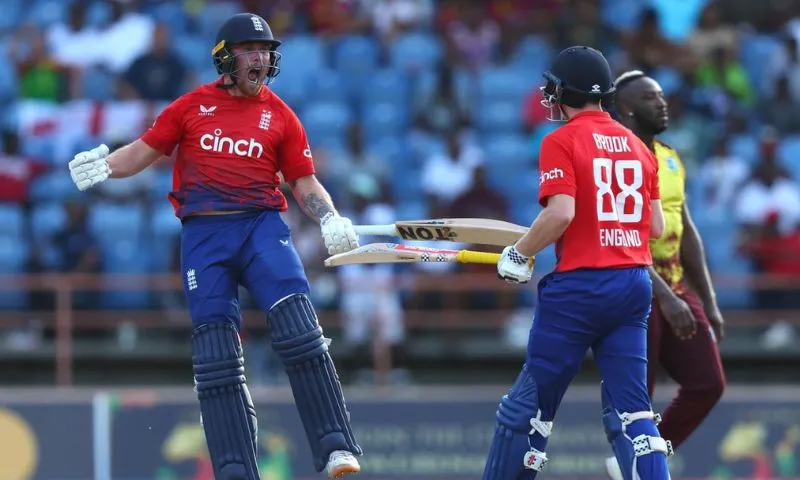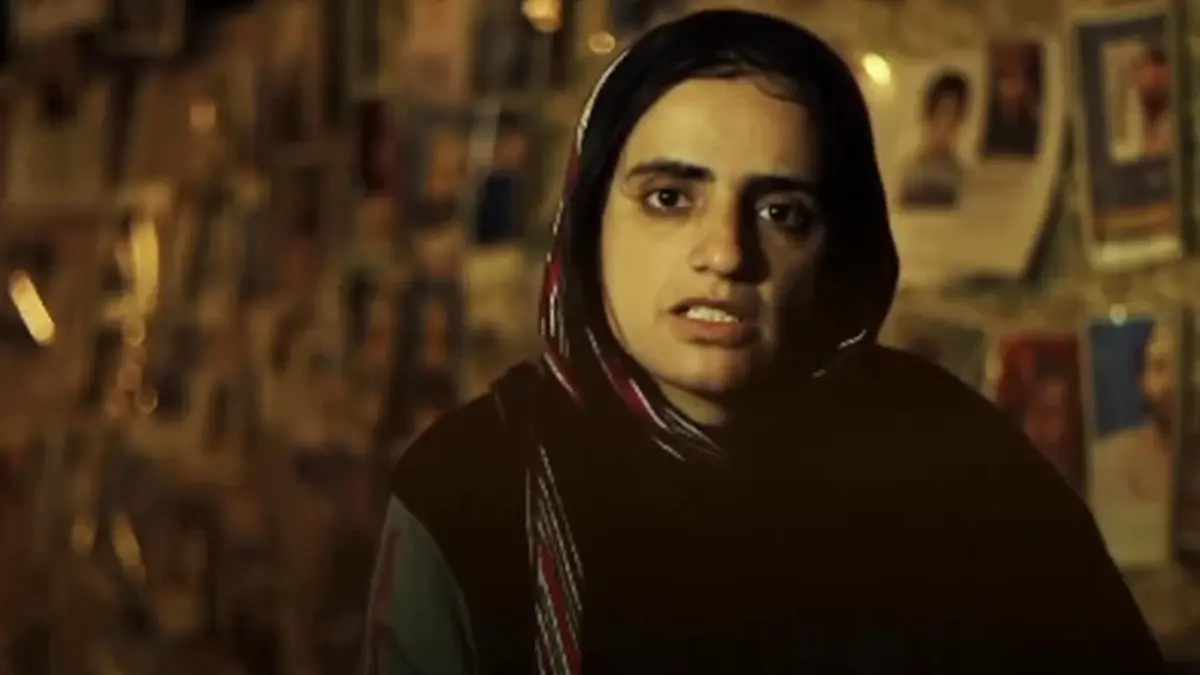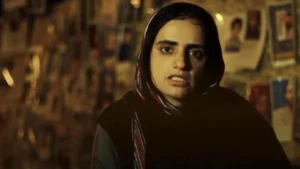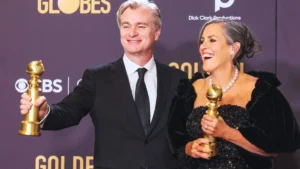Three decades after the release of “The Fugitive,” Director Andrew Davis delves into the cinematic pressures and creative choices that made the film a commercial and critical success. In a recent conversation with The Hollywood Reporter, Davis sheds light on the unique circumstances that led to the movie’s remarkable achievements.
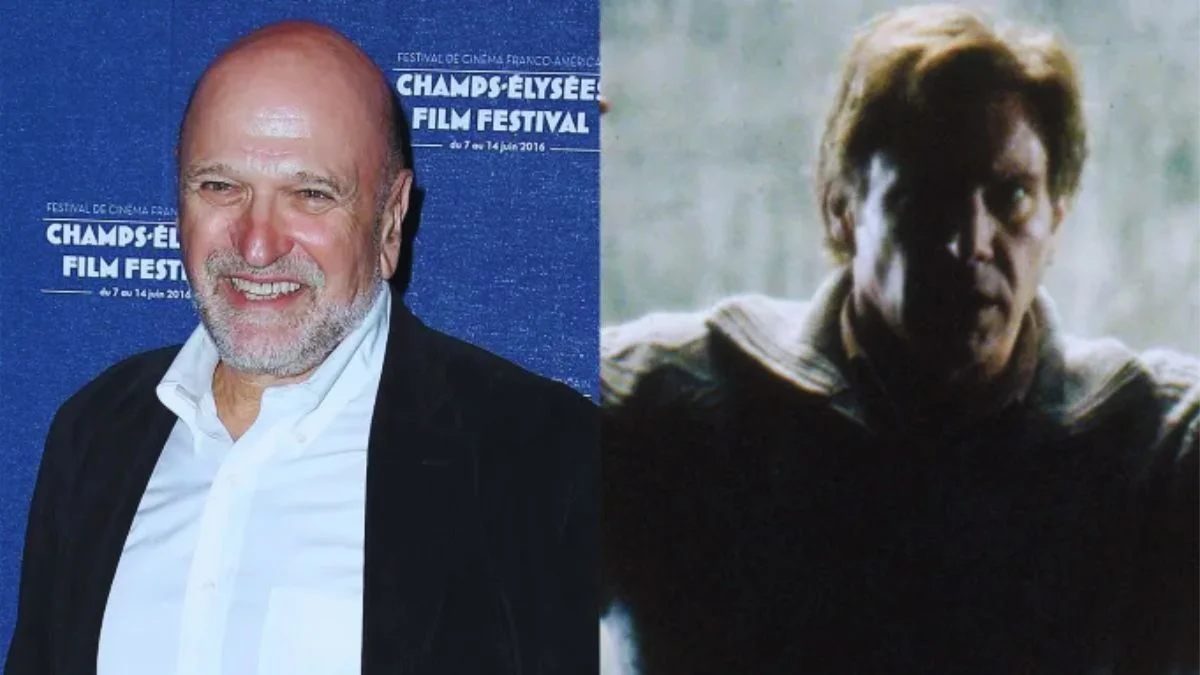
The film, which celebrated its 30th anniversary in August, defied expectations by becoming the third-highest-grossing film of 1993 and earning seven Oscar nominations, including a win for Tommy Lee Jones as best supporting actor. Contrary to the prevailing trend of prioritizing blockbuster hits, Davis reveals that “The Fugitive” was never intended to swing for the fences. Instead, Warner Bros. aimed for a solid hit, echoing the sentiments of co-chairmen Bob Daly and Terry Semel, who expressed contentment with hitting doubles.
Davis recalls the film’s rapid postproduction process, completed in just 10 weeks—a timeframe considered the minimum for a director’s initial cut in contemporary filmmaking. The urgency was driven by the studio’s desire to capture both teenage and adult audiences before the start of the school season.
The director also reminisces about pivotal moments during filming, such as the scene where Harrison Ford’s character, Dr. Richard Kimble, sports a fake beard while devouring scrambled eggs. Davis shares insights into the challenges of coordinating the St. Patrick’s Day parade scene in Chicago on the fly, emphasizing the spontaneous and immersive nature of the shoot.
Addressing the complexity of the film’s narrative, Davis explains the origin of the Provasic subplot, shedding light on how reshoots were seamlessly integrated to accommodate actor changes. He dismisses speculation about a meta-commentary on Harrison Ford’s facial hair preferences, clarifying that certain lines were improvised on set.
Davis reflects on the industry’s shift away from producing movies like “The Fugitive,” attributing it to the blockbuster mentality that emerged with films like “Jaws.” He emphasizes the studio’s willingness to embrace midbudget productions and singles out Warner Bros.’ approach of being content with hitting doubles.
Discussing his successful collaboration with Tommy Lee Jones, Davis underscores the importance of respect and allowing actors the creative space to contribute. He credits Jones and Harrison Ford for their collaborative spirit, highlighting their professionalism and dedication to the filmmaking process.
As “The Fugitive” marks its 30th anniversary with a new 4K Blu-ray release, Davis expresses pride in the film’s enduring quality, noting that the visual experience surpasses what can be achieved in a traditional movie theater. The conversation provides a captivating glimpse into the making of a timeless classic that continues to captivate audiences three decades later.




